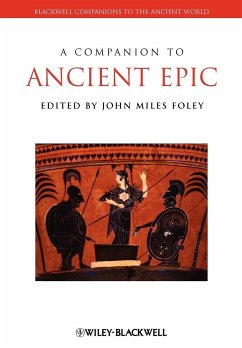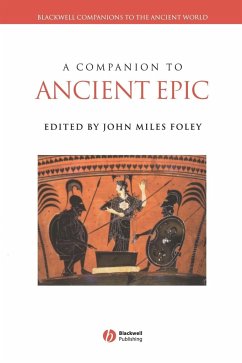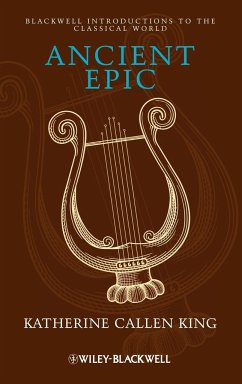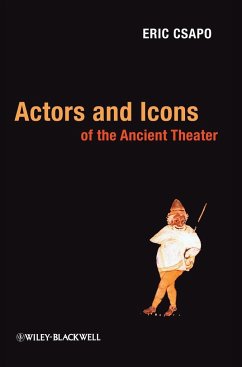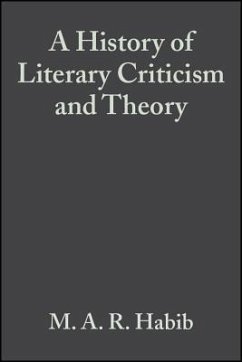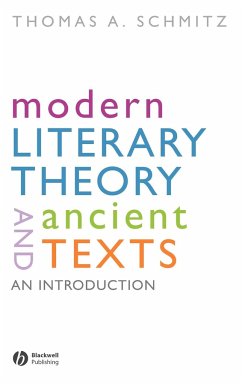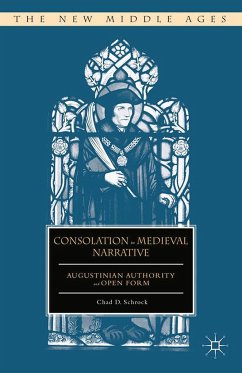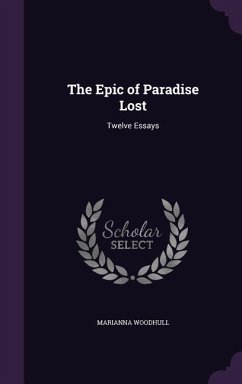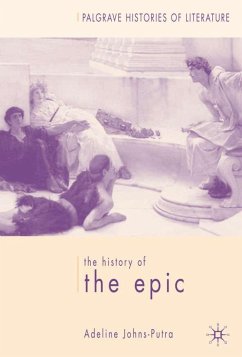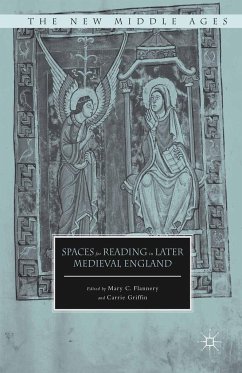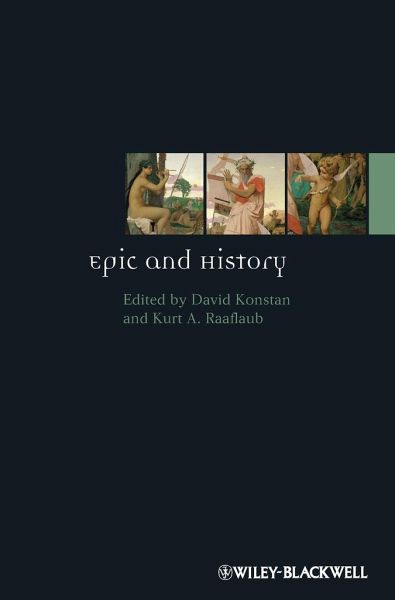
Epic History
Versandkostenfrei!
Versandfertig in über 4 Wochen
181,99 €
inkl. MwSt.

PAYBACK Punkte
91 °P sammeln!
Heroic epics have existed in many cultures, from antiquity to the modern day, offering an important means by which societies commemorate the past and transmit memories over time. Yet few attempts have been made to compare these epics systematically or to establish a typology of heroic epic. Nor is it always clear to what extent heroic epics reflect history, or what methodologies might be used to retrieve historical information from epics. Addressing these issues, Epic and History invites comparison across a broad variety of cultures in which traditions of epic - oral and written - existed and ...
Heroic epics have existed in many cultures, from antiquity to the modern day, offering an important means by which societies commemorate the past and transmit memories over time. Yet few attempts have been made to compare these epics systematically or to establish a typology of heroic epic. Nor is it always clear to what extent heroic epics reflect history, or what methodologies might be used to retrieve historical information from epics. Addressing these issues, Epic and History invites comparison across a broad variety of cultures in which traditions of epic - oral and written - existed and continue to exist. It makes a unique and conscious effort to take full advantage of this cross-cultural comparison to enhance our understanding of this important topic, presenting crucial insights into how history is treated in narrative poetry. Contributors are leading scholars on epic and heroic poetic traditions. They base their analyses on profound knowledge of the wide range of cultures discussed throughout the book, from the ancient Near East and South Asia, the Greco-Roman world, and medieval Europe - from Scandinavia to Spain - to today's Egypt, Southern Africa, and Central America.



